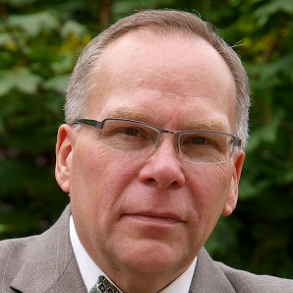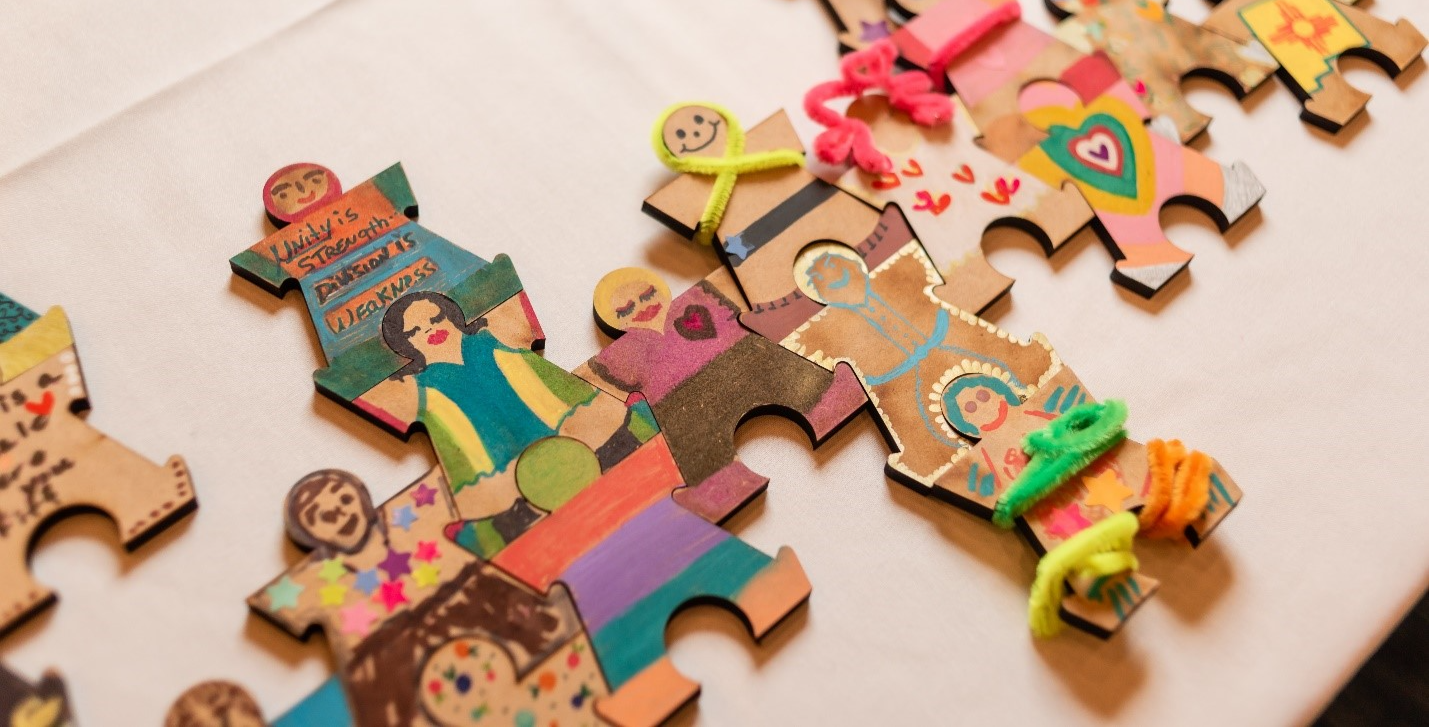Has an over-reliance on "best practices" and "evidence-based" practices struck a deathblow to our ability to think creatively and our courage to be experimental?
 My mind is still mulling over my experience at the inaugural Collective Impact Summit last October in Toronto. No individual presenter had a greater impact on my thinking in that meeting than Brenda Zimmerman. Dr. Zimmerman, who died tragically on December 16 last year in an automobile accident, was a leading thinker in the application of complexity theory to both for profit and social profit (aka nonprofit) organizations and our understanding of change. She is widely known for her book, Getting to Maybe: How the World is Changed, written with Frances Westley and Michael Quinn Patton.
My mind is still mulling over my experience at the inaugural Collective Impact Summit last October in Toronto. No individual presenter had a greater impact on my thinking in that meeting than Brenda Zimmerman. Dr. Zimmerman, who died tragically on December 16 last year in an automobile accident, was a leading thinker in the application of complexity theory to both for profit and social profit (aka nonprofit) organizations and our understanding of change. She is widely known for her book, Getting to Maybe: How the World is Changed, written with Frances Westley and Michael Quinn Patton.
Dr. Zimmerman's presentation and workshop at the Summit challenged, stirred, and animated my thinking in a number of ways. One that has been most profound has been pushing me to rediscover the value and validity of experimentation. I think of experimentation as the courage to ask "What if we tried...(fill in the blank)?" rather than rotely following the recipes, formulas, and checklists of "best practices" and "evidence-based" approaches.
I know better than most the safety of recipes, formulas, and checklists. The ability to apply or replicate evidence-based solutions to problems is often the surest course to achieving the measurable outcomes demanded by many funders. However, the unintended consequences of fidelity to our recipes, formulas, and checklists can be horrific.
For example, under pressure to meet some funders' timetables to apply the best evidence-based solution to a complex social problem in our community, we ignore, in our haste, those who have genuine expertise with the problem and whose wisdom we need: those who live the problem every day.
Ignoring these, whom Dr. Zimmerman called "context experts," can lead us, in turn, to an over-reliance on evidence-based solutions which appear to have demonstrated success in addressing similar complex community problems. As a result, we identify an evidence-based solution that worked for another community, but which does not really work for our community, or even at all. We assume the solution will work because the problem over there looks very similar to the one we are trying to address right here. We even try to "tweak" the solution with various approved adaptations to make it fit better. In the end, we discover we have simply forced the proverbial "square peg into a round hole." In our shame, we write up carefully worded reports for the funder to make the evidence-based solution sound more successful than we know it was and, in some cases, our reports merely add to the myth of that particular evidence-based solution.
However, we are not the only ones who know that the evidence-based solution we selected to do to the community did not really work. Those context experts know it, too. Their secret knowledge of the solution's poor fit and its failure significantly weakens the likelihood of sustaining the solution in the community. After all, the community might not have wanted or needed our solution in the first place and may be glad to see it now, finally, go away. Sustainability stems from successful solutions owned by the community; ownership grows out of trust, respect, and meaningful participation of the context experts - which we did not demonstrate from the outset.
Nonetheless, we climb further into the "best practice" and "evidence-based" trap. We are confident the next time we will find the right fit if we just follow the formula a little more carefully.
What if the problem is the formula? What if the process is flawed? What if our assumptions about expertise, best practices, and evidence-based solutions are all wrong? What if we have allowed our blind trust in best practices and evidence-based solutions for complex social problems kill off our human capacity for genuine creativity, thoughtful experimentation, and the ability to simply ask, "What if....?"
I am going to leave you with these questions but I plan to continue this conversation soon. (If you'd like to participate in a poll tied to the question of how evidence-based practices are impacting experimentation, click here.)
Email Tom: twklaus@nonprofitgp.com
Visit Tom's website: www.tomklaus.net





